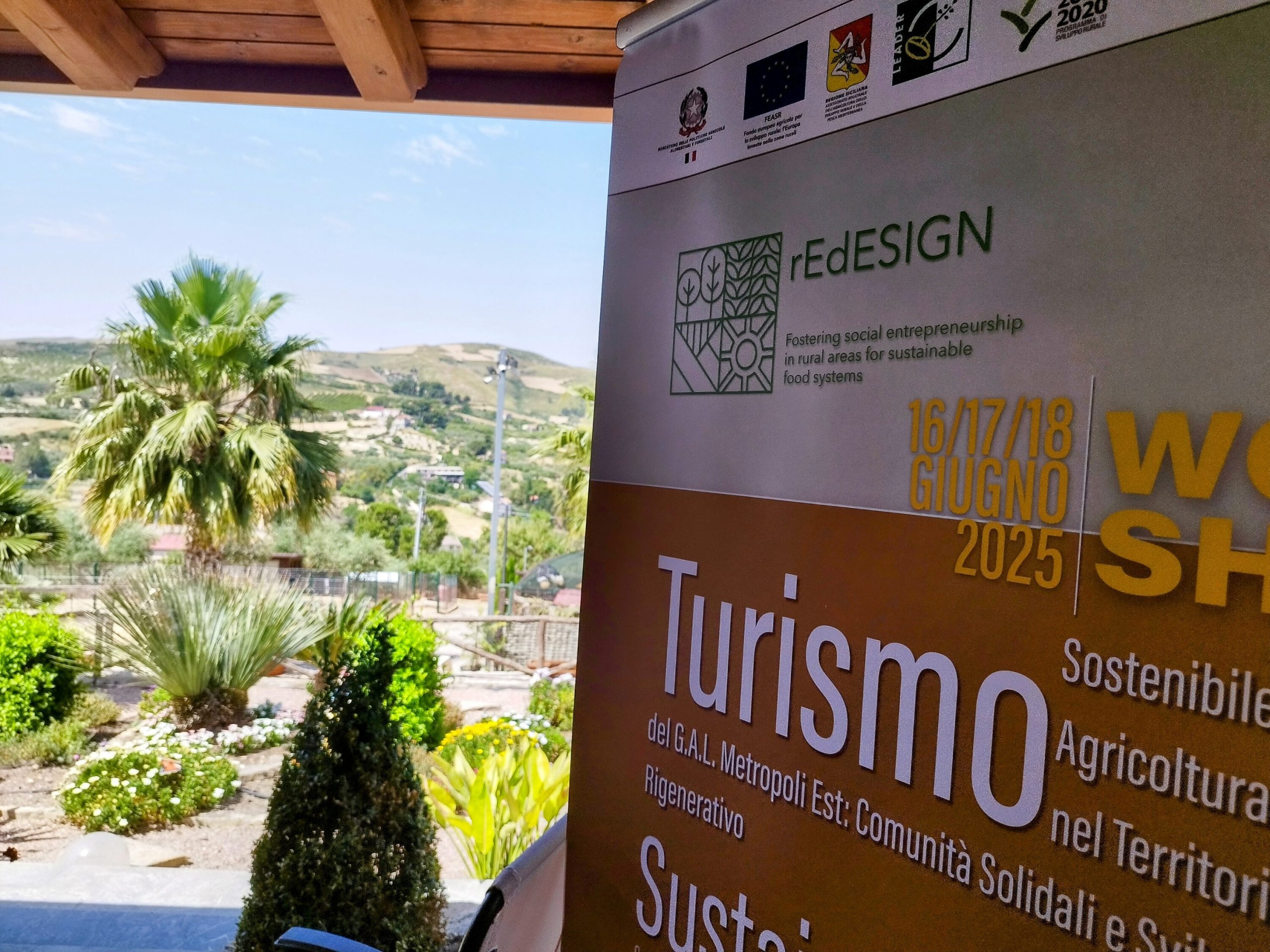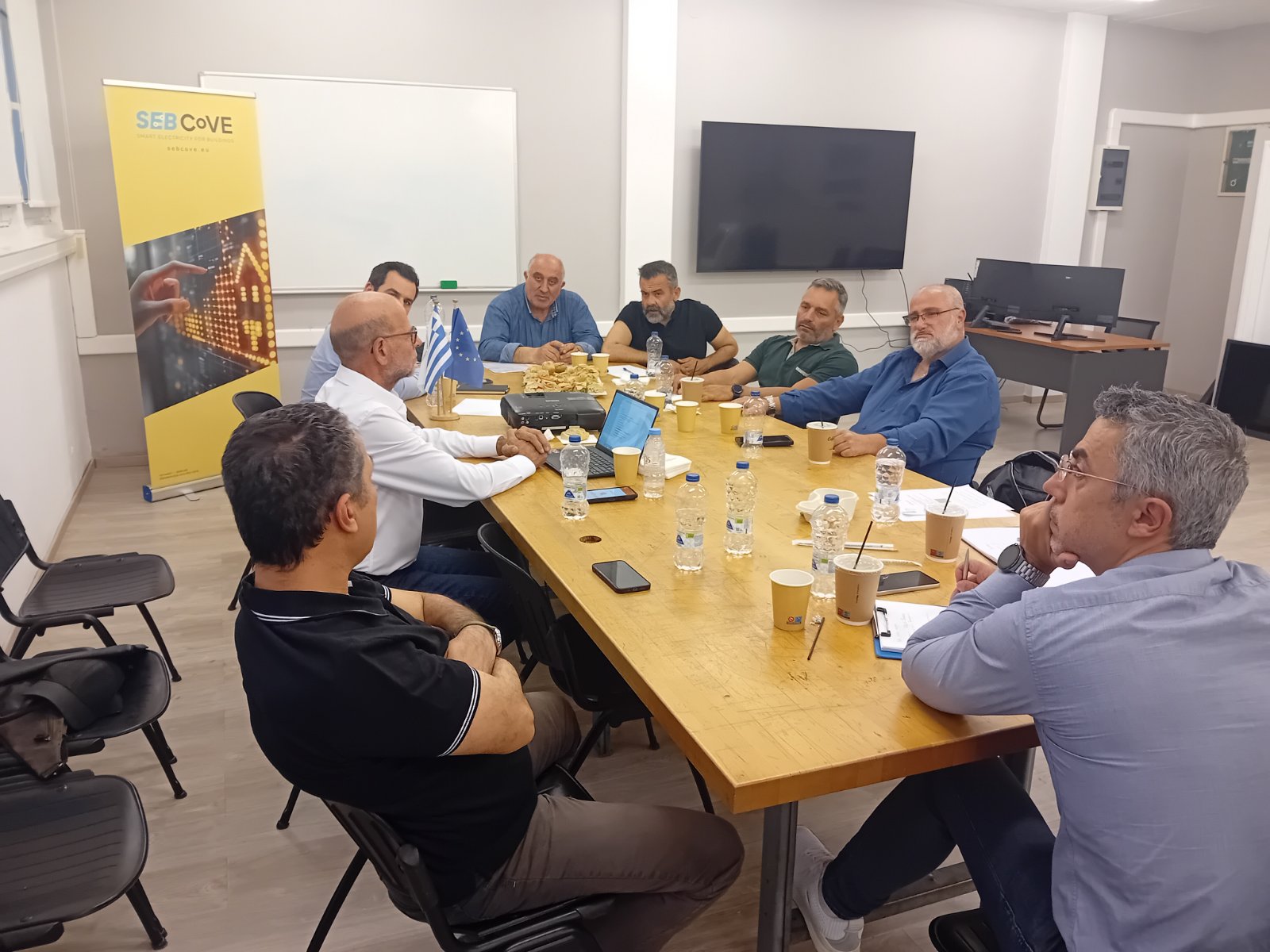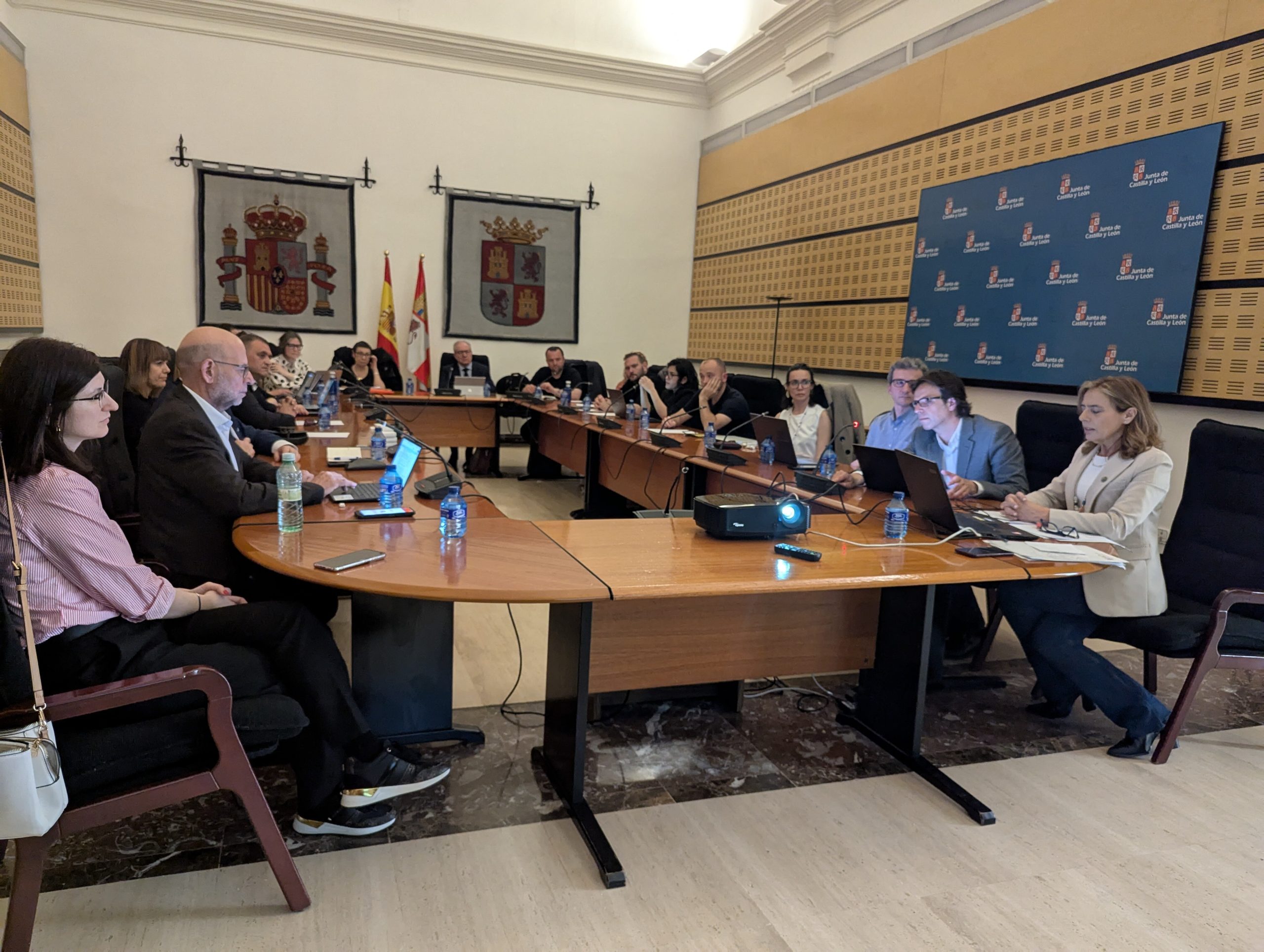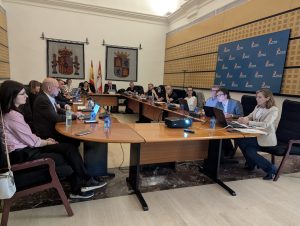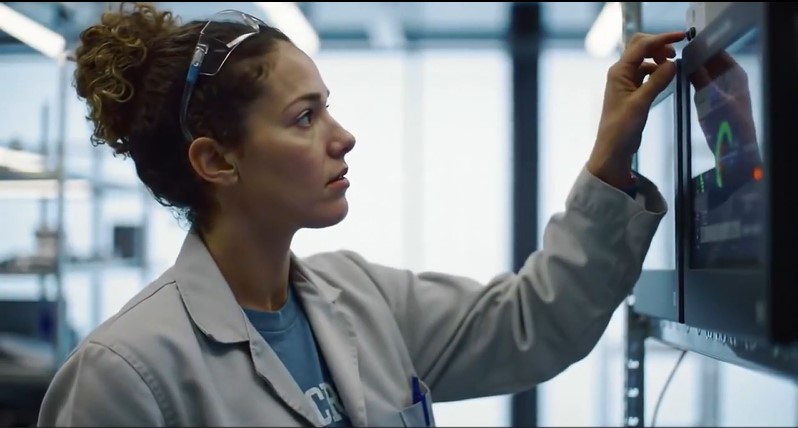Palermo Workshop Highlights Innovation, Inclusion, and Rural Sustainability
From June 17 to 18, 2025, the hills of Ventimiglia di Sicilia played host to a vibrant exchange of ideas, best practices, and community spirit, as partners and stakeholders of the rEdESIGN project gathered for a transnational workshop on Integrated Social Agriculture.
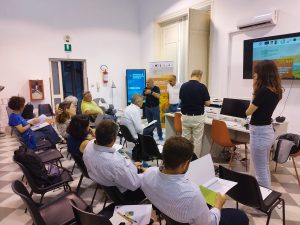 The event was hosted by GAL Metropoli Est and attended by participants from Greece, Spain, and Italy – all united by a shared vision: empowering rural areas through social entrepreneurship and sustainable food systems.
The event was hosted by GAL Metropoli Est and attended by participants from Greece, Spain, and Italy – all united by a shared vision: empowering rural areas through social entrepreneurship and sustainable food systems.
Project rEdESIGN at a Glance
Mr. Konstantinos Androulakis from ECTE (European Centre in Training for Employment) addressed a clear message: social farming is more than a trend – it’s a tool for resilience.
Through his presentation, attendees learned that rEdESIGN:
-
Supports social enterprises in the agri-food sector across Crete, Sicily, and Andalusia.
-
Promotes sustainable agriculture, community-based services, and job creation.
-
Is building a European network of local and regional actors who prioritize the social economy.
Sharing Stories, Challenges & Solutions
The workshop’s highlight was a lively session where project partners presented one strength, one challenge, and one lesson learned from their experiences. Topics included:
-
Inclusion of NEETs, people with disabilities, and migrants through farm-based learning.
-
Cooperation between municipalities, schools, and cooperatives to create meaningful services.
-
Creative funding ideas – from EU grants to community-based models like social vouchers.
Facilitated discussions explored how social farms can serve as learning spaces, care centers, and sustainable businesses – all at once.
Field Visits: Learning from the Land
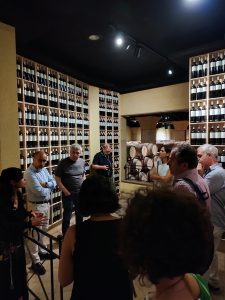
Participants visited:
-
The shared gardens at Giardini di Palazzo Filangeri
-
The youth-led Museo delle Spartenze
-
An immersive beekeeping lab
-
Alesi Farm’s pet therapy initiative
These visits showcased how Sicilian social farms are already creating inclusive, therapeutic, and educational experiences.
Co-Creating the Social Agriculture Toolkit
On Day 2, participants rolled up their sleeves to begin building the Toolkit, a practical resource for regions across Europe. Through group brainstorming and co-design, they identified:
-
Core values like accessibility, sustainability, and community empowerment
-
Essential skills and governance models
-
Challenges to overcome, especially around funding and scalability
This session laid the groundwork for the project’s future outputs in Work Packages 4 and 5.
Final Thoughts
The workshop closed with reflections from local and international voices. Their takeaway? Social agriculture is a powerful connector of people, skills, land, and hope.
As rEdESIGN moves forward, the insights from Palermo will help sow the seeds for lasting impact across Europe’s rural communities.
101169928 — rEdESIGN — SMP-COSME-2023-RESILIENCE

